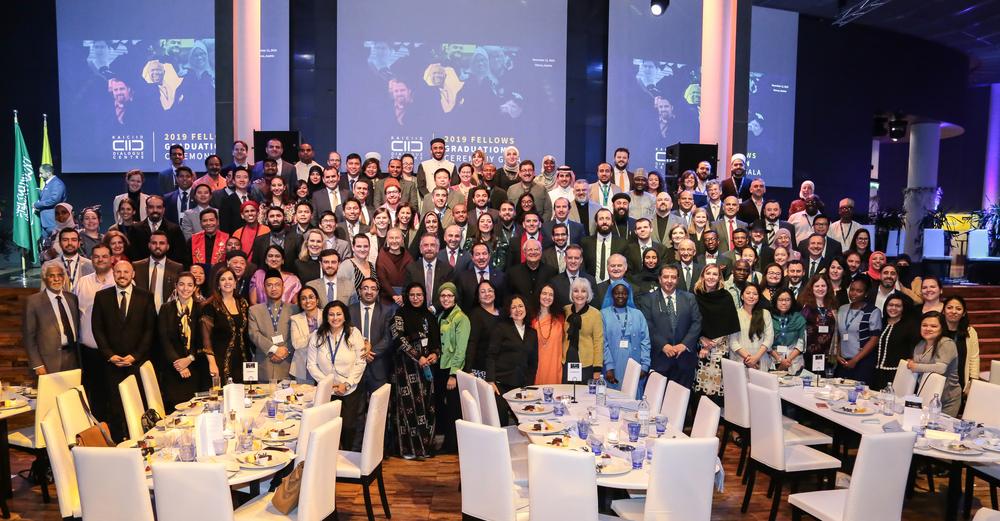International Fellows Programme - Frequently Asked Questions

Do I have to be religious to be a Fellow?
No.
But to effectively engage in interreligious dialogue, it is necessary to be well-formed and well-grounded in your own faith tradition, so most Fellows are religious adherents and/or have an active spiritual practice. Intercultural dialogue and inter-worldview dialogue engage people in broader context or through different dimensions, and many of our Fellows engage in dialogue in these areas.
Do I have to be a teacher at an institution teaching religious studies to apply for the Fellows Programme?
No.
Educators from academic religious institutions, especially those institutions training future religious leaders, have been a priority for the Programme, and therefore have constituted about 80% of Fellows over the first decade. However, this is not a requirement for acceptance to the programme.
What if I have substantial experience in facilitating dialogue or I work in my personal capacity as a trainer? Can I still participate in the Fellows Programme?
Yes.
There is a priority for applicants representing or coming with the support of their institutions and organizations, however, we acknowledge that many of the most qualified candidates are independent, consultants, adjuncts, etc., and that some religious traditions do not have institutional or professional leadership.
Is there any difference between the different cohorts, like the International and Regional cohorts?
There is a core curriculum common to all Fellows cohorts. The basic format and experience is the same. The differences may involve the languages used, the geographic range participants comes from, specific professional backgrounds, and some tailored material for each distinct type of cohort.
Applicants should consider their goals, networking preferences and linguistic abilities before deciding which programme to apply to.
May I apply for the Fellows Programme for a different kind of cohort if I have already been a Fellow?
No.
The experience of all cohorts - International, Regional, or Specialized - is common enough that there is no advantage or purpose to being a Fellow twice. You may apply to more than one cohort simultaneously, but can only be accepted to one cohort.
Other opportunities are available and more will be developed through the Fellows Alumni Network, once you have completed the Fellows Programme year.
May I apply again if my first application was not accepted?
Yes.
The Fellows Programme is highly selective. For 2025, only 4% of applicants were accepted. Most people will apply more than once before they are accepted.
What are some examples of grant initiatives that other Fellows have done through the KAICIID Fellows Program?
Examples include: training workshops and courses and study programmes for students, conferences, roundtables, curricula for interreligious dialogue programmes, educational tours of religious sites, research, publications, policy papers, and documentary films.
Are there any fees or expenses involved in the Fellows Programme?
No.
KAICIID covers all expenses related to participation in the Programme, including visa fees, travel, accommodation, meals, and transportation, and provides a small grant to implement initiatives.
Is there a salary or stipend for the Fellows?
No.
This is not a university fellowship in the sense of a scholarship or employment, but is a professional capacity building and training programme. Fellows do not receive any stipend, honorarium, or salary as part of the Programme.
What is the next step after completing the one-year Programme?
Upon completion of the programme, each Fellow will receive a certificate of completion. Graduating Fellows become part of the KAICIID Fellows Alumni Network. The Network offers further networking opportunities, online trainings, access to online materials, micro-grants, invitations to conferences and other activities.
Should you require any further information or have other questions please do not hesitate to contact us at: fellows@kaiciid.org